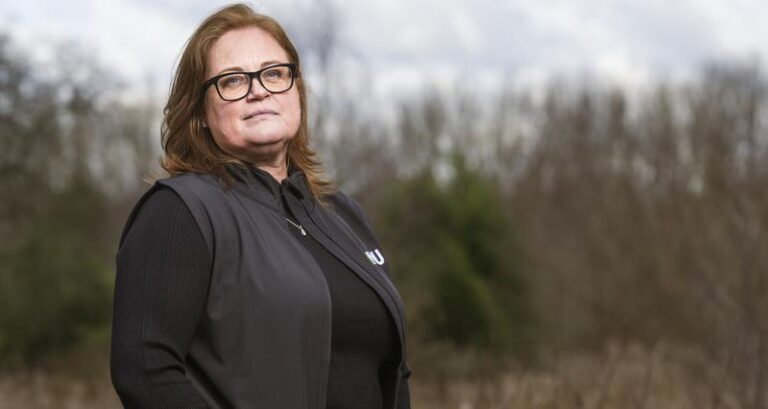The latest NFU Digital Access Survey reveals that rural broadband and mobile coverage still falls short of what British farming businesses need, with over a fifth of respondents unable to access even a ‘decent’ internet speed.
21% of respondents had broadband speeds under 10Mbps, compared to the national average of less than 1%. Only 22% reported reliable mobile signal across their entire farm. Nearly one out of ten respondents have no 4G or 5G access. Just 33% have access to fibre broadband, significantly below the UK average of 57%. And nearly all respondents say mobile signal (98%) and broadband (91%) are important for their business.
These figures come amid government delays to key rural connectivity targets. The deadline for gigabit capable broadband and nationwide 5G coverage has been pushed back from 2030 to 2032, and while the Shared Rural Network remains on track for completion by the end of 2025, full rollout and operator compliance is not expected until 2027. The NFU warns these substantial waits risk leaving farming families and rural communities cut off from vital services, especially as the government moves ahead with plans to switch all landlines to digital by 2027, a major change that relies on strong broadband and mobile infrastructure.
There are some signs of progress: ultrafast broadband access is rising, now reaching 12% of respondents, and more farmers are embracing agri-tech tools such as cloud-based services and GPS.
The NFU is calling on government to prioritise completing the Shared Rural Network to ensure all rural communities get reliable mobile signal while fibre rollout continues. It also wants support for all broadband technologies – not just fibre – to bring cost-effective alternatives like fixed wireless or mobile broadband to rural and hard-to-reach areas.
NFU Vice President Rachel Hallos said: “We have been consistently told by government that food security is national security, but to deliver on that farmers need the right tools.
“Reliable broadband and mobile coverage are not optional – they are essential for running efficient, productive farming businesses and ensuring safety in some of the most isolated parts of the country. If a farmer can’t call for help in an emergency, the consequences can be serious.
“Right now, poor connectivity is holding back the full potential of British farming. We welcome the government’s investment announced in the Spending Review, but these delays risk leaving rural farms disconnected for longer.”


